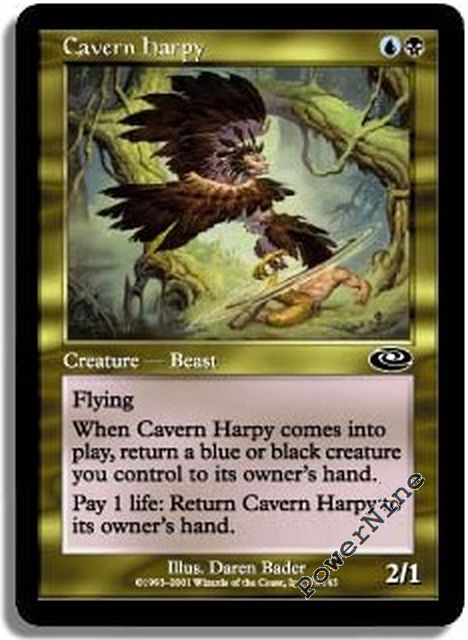

The thing that matters most of all is that we're there for each other. I'm constantly sizing up everyone around me, thinking about what kind of opponent they'll be in the final trial.ġ. I'm perfectly happy letting others pick up the slack for me while I take it easy.Ĩ. I fully expect to play even harder in the glorious afterlife, but I'm not in a hurry to get there.ħ. I train hard so that I can play hard at the end of the day. I enjoy using my skills to help those who lack those same skills.Ħ. I'm so focused on the glorious afterlife that nothing in this life can shake my calm resolve.ĥ. I'll settle for nothing less than perfection – in myself, in my cropmates, in everything.Ĥ. I always have a joke on hand when the mood gets too serious.Ģ/ I use sarcasm and insults to keep a distance between myself and my crop-mates, because I don't want to get attached to them.ģ. The afterlife might be a constant presence in every initiate's mind, but it is the culmination of a life well-lived – not a replacement for it.ġ. Though some initiates are highly focused on their training, most undergo that training while also experiencing joy, sorrow, love, loss, anger, jealousy, hope, faith, delight – the whole range of mortal emotions and experience. An initiate's life is focused on the trials, but it doesn't need to be all about the trials.

See "Trials of the Five Gods" for more information about undertaking the trials and their rewards. If you violate these norms, you risk being treated as a dissenter. You can enjoy these benefits only as long as you obey the societal norms of Naktamun – training for the trials (with or without your crop), obeying the orders of the gods, and following the instructions of their viziers.

A comfortable place to live and regular meals are provided to you by servitor mummies (the anointed) under the supervision of viziers. While you prepare for and undergo those trials, you have constant access to training. Your life is oriented around your participation in the five trials that will determine your worthiness in the afterlife. If you have completed any trials before the start of the campaign, you also have any cartouches you have earned.įeature: Trials of the Five Gods. Tool Proficiencies: One type of gaming set, vehicles (land)Įquipment: A simple puzzle box, a scroll containing the basic teachings of the five gods, a gaming set, a set of common clothes, and a belt pouch containing 15 gp. Skill Proficiencies: Athletics, Intimidation And beyond this initial choice, you might consider multiclassing or using feats to round out your skills in all three areas. If you are a spellcasting specialist, you might be a bard, sorcerer, or wizard. As a long-range combat specialist, you might be a fighter, a ranger, or a rogue. If you are a hand-to-hand specialist, consider the barbarian, fighter, monk, paladin, or rogue classes. But only a well-rounded initiate can be called truly worthy of the afterlife. Some combination of your natural aptitude, your crop's needs, and your teachers' assessment while you were an acolyte led you to focus your training in one particular area of specialization – hand-to-hand combat, long-range combat, or spellcasting.
#AMONKHET PLANESHIFT TRIAL#
You are an initiate, on the path to completing the trials of the five gods in the hope of earning a glorified death in the final Trial of Zeal.


 0 kommentar(er)
0 kommentar(er)
